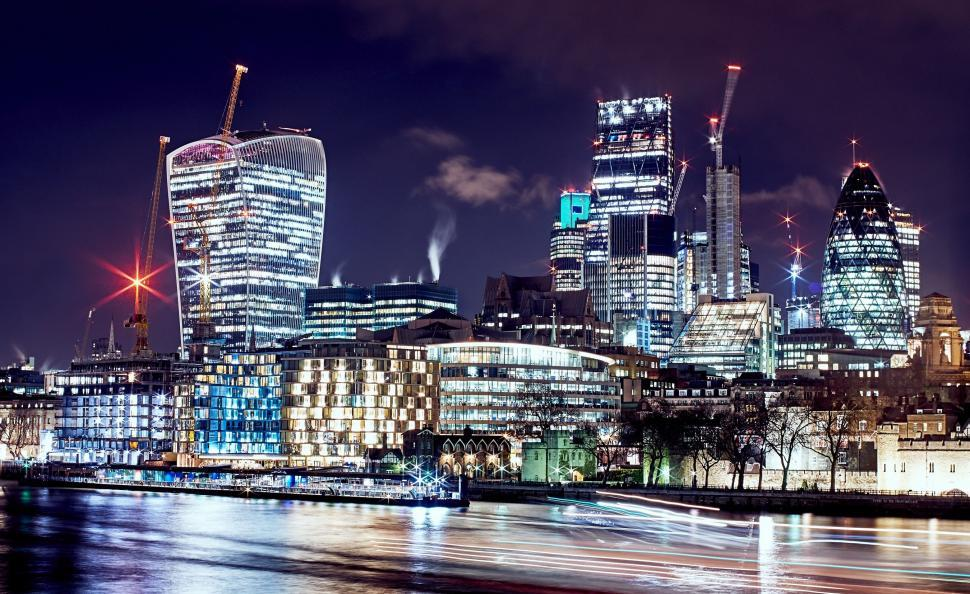UK Retailers alert of price Increases as employment costs skyrocketing
- Judith Smith

- Mar 4, 2025
- 2 min read
A survey published today by the British Retail Consortium (BRC) indicates that British consumers would soon pay more for commonplace items as stores indicate intentions to pass on skyrocketing staffing expenses.

Just months after Chancellor Rachel Reeves's £40 billion tax package, which features a £25 billion increase in employer National Insurance contributions, the warning comes amid growing economic pressure on businesses, so changing the fiscal scene in the United Kingdom.
The most recent member poll by the BRC, which spans a large portion of the retail industry, shows a dismal picture. Driven by the National Insurance rise and a planned raise in the National Living Wage anticipated for April, employers are struggling with a 6.7% spike in payroll costs. BRC Chief Executive Helen Dickinson told reporters, "Retailers are between a rock and a hard place. Margins are already quite thin, hence passing costs on customers seems natural. Reversing a recent trend of moderation of inflation, which stood at 2.3% in January, the research projects that retail prices could rise by as high as 3%.
The news has set out a strong political reaction all around. Defending the government's approach, Prime Minister Keir Starmer said during a morning briefing that "tough decisions" were required to pay NHS improvements and stable public finances. But Conservative leader Kemi Badenoch grabbed on the BRC's results, charging Labour of "hammering businesses into the ground" and foresaw a "cost-of-living crisis 2.0." Leader of Reform UK Nigel Farage visited X and said, "a betrayal of working people," the tax hikes represent, with posts highlighting worries of a more general economic strain.
Regarding the fallout, economists differ. Although the Office for Budget Responsibility projects modest GDP increase of 1.5% for 2025, several economists worry that growing prices could reduce consumer spending, which makes about two-thirds of the UK economy. "We are seeing a classic cost-push inflation scenario," remarked Hargreaves Lansdown's Sarah Coles. "Growth may stall if homes tighten their belts." Others, including Julian Jessop of the Institute of Economic Affairs, contend the influence may be exaggerated and cite strong February retail sales figures.
The timing gives the argument more intensity. UK companies fear a double hit as Trump-era U.S. tariffs on Canada and Mexico slated to take effect today might possibly throw off world supply lines. Already more expensive due to a weakened pound, imported items could aggravate the pricing pressure at $1.26. Retail behemoths like Tesco and Sainsbury's have already raised worries about inflationary pressures but have not directly commented.
Right now, the High Street gets ready for a stormy spring. One Manchester small company owner put it: "We're not raising prices because we want to; we're doing it because we have to."




